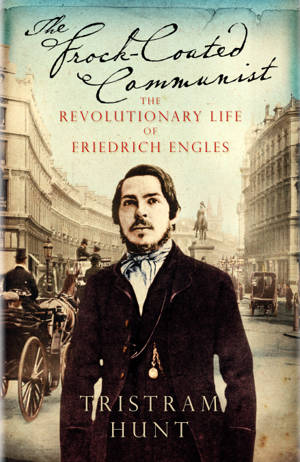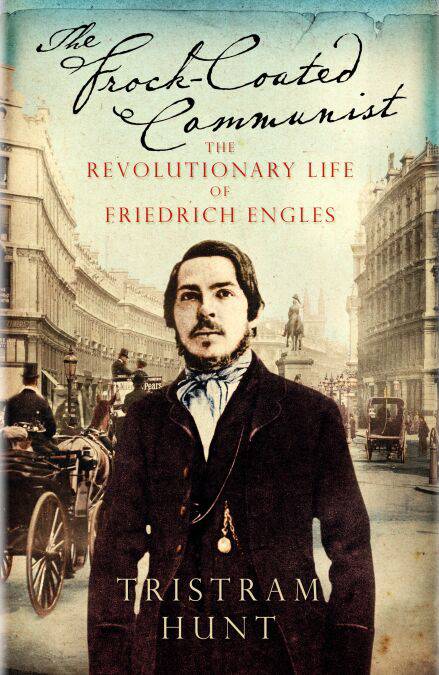
- Afhalen na 1 uur in een winkel met voorraad
- Gratis thuislevering in België vanaf € 30
- Ruim aanbod met 7 miljoen producten
- Afhalen na 1 uur in een winkel met voorraad
- Gratis thuislevering in België vanaf € 30
- Ruim aanbod met 7 miljoen producten
Zoeken
The Frock-Coated Communist E-BOOK
The Revolutionary Life of Friedrich Engels
Tristram Hunt
E-book | Engels
€ 11,99
+ 11 punten
Uitvoering
Omschrijving
Friedrich Engels is one of the most attractive and contradictory figures of the nineteenth century. Born to a prosperous mercantile family in west Germany, he spent his career working in the Manchester cotton industry, riding to the Cheshire hounds, and enjoying the comfortable, middle-class life of a Victorian gentleman. Yet Engels was also the co-founder of international communism - the philosophy which in the 20th century came to control one third of the human race. He was the co-author of The Communist Manifesto, a ruthless party tactician, and the man who sacrificed his best years so Karl Marx could write Das Kapital. Tristram Hunt relishes the diversity and exuberance of Engels's era: how one of the great bon viveurs of Victorian Britain reconciled his raucous personal life with this uncompromising political philosophy. Set against the backdrop of revolutionary Europe and industrializing England - of Manchester mills, Paris barricades, and East End strikes - it is a story of devoted friendship, class compromise, ideological struggle, and family betrayal.
Specificaties
Betrokkenen
- Auteur(s):
- Uitgeverij:
Inhoud
- Aantal bladzijden:
- 464
- Taal:
- Engels
Eigenschappen
- Productcode (EAN):
- 9780141926865
- Verschijningsdatum:
- 29/04/2009
- Uitvoering:
- E-book
- Beveiligd met:
- Adobe DRM
- Formaat:
- ePub

Alleen bij Standaard Boekhandel
+ 11 punten op je klantenkaart van Standaard Boekhandel
Beoordelingen
We publiceren alleen reviews die voldoen aan de voorwaarden voor reviews. Bekijk onze voorwaarden voor reviews.











